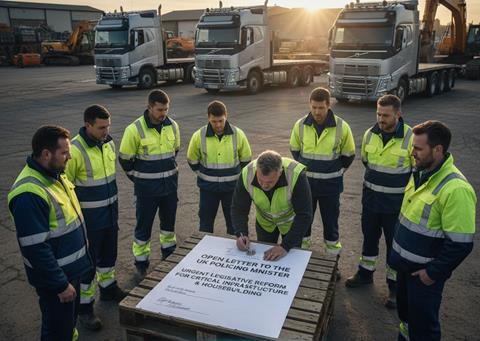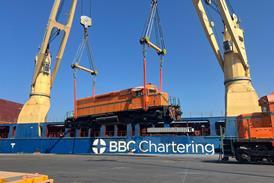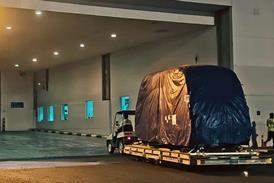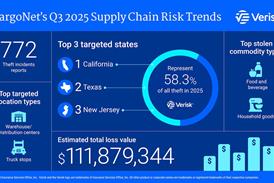Following a meeting of the Abnormal Loads Group (ALG), the Heavy Transport Association has called on operators to sign an open letter to the UK’s policing minister to back legislative reforms that support the delivery of critical infrastructure and housebuilding. Signatures must be added by December 5 at the very latest.
The full letter can be seen here. You can add your signature to the letter here.

For maximum impact the HTA also urges operators and customers to contact their local MPs and peers with real-world examples of delays or overcharges.
The letter calls for amendments to the Crime and Policing Bill. It explains that abnormal load movements play a vital role in major infrastructure, housebuilding and the wider economy. Without reliable abnormal load logistics, builders would face delays, increased costs, and limitations on the types of materials or equipment they can use.
It urges support for amendments tabled by Earl Attlee to the Crime and Policing Bill (HL Bill 111). These amendments, numbered 402–414, address major inconsistencies in how police forces handle heavy transport, abnormal load, caravan and mobile crane movements.
In particular, it highlighted that there is no national framework regulating when or how police forces charge for escorting or authorise these essential movements – which leads to arbitrary and excessive fees in some police force areas, creating uncertainty, delays, and financial burdens that hinder the timely delivery of vital infrastructure supporting housebuilding, net-zero goals and economic growth.
HLPFI’s 2024 report on the UK’s heavy transport and abnormal load sector found it falling short of expectations, with opportunities being missed. A key frustration was the inconsistent, often outdated approach to permits and police escorts. Approval times varied widely between councils and highways authorities, while a shortage of police resources meant projects were frequently delayed until an escort was available.
In this year’s UK report, we found that the mood around the movement of heavy and oversized loads was still sour. In June 2025, the UK’s National Police Chiefs’ Council (NPCC) released updated guidance on the policing of abnormal loads.
Early feedback on the guidance has been mixed. In some regions, operators say they are still being asked to pay for police escorts that are not actually required – a practice that has been a persistent source of frustration in recent years.
The move toward private escorting was widely viewed as a sensible, modernising step for both industry and police. Yet in certain areas the model has drifted into revenue-raising, with hefty charges imposed by police forces and ultimately passed up the chain to project developers. It does little to bolster confidence in the UK’s ability to move critical infrastructure efficiently.
















